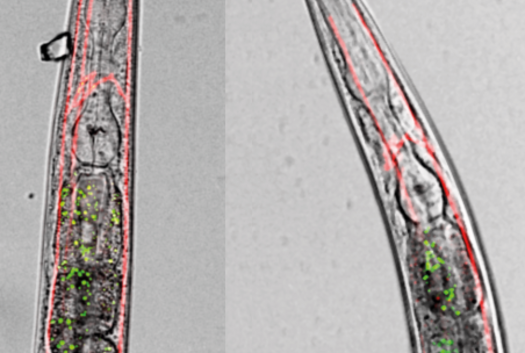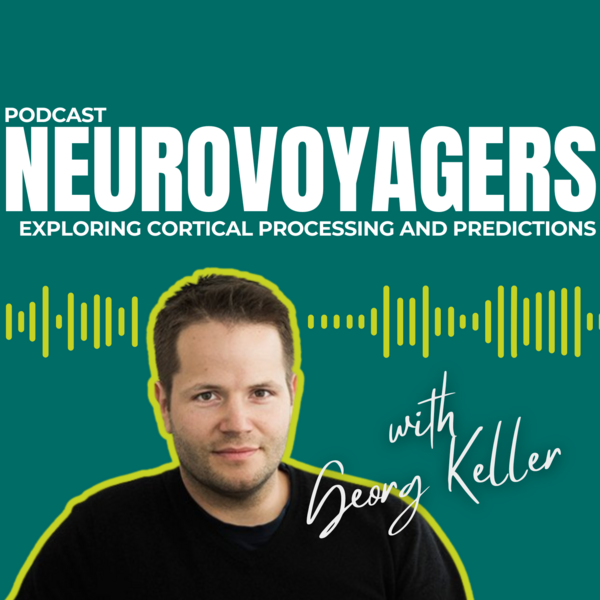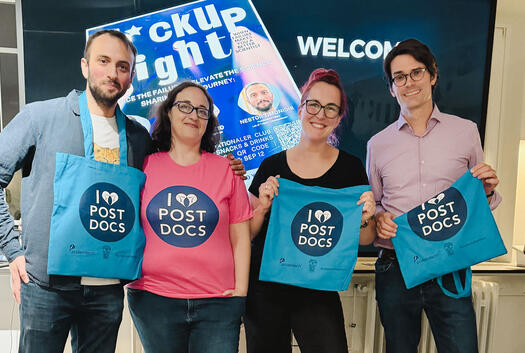In this episode of Neurovoyagers, we take an exciting journey into the world of cortical processing and predictive models with Georg Keller, a senior group leader at the Friedrich Miescher Institute for Biomedical Research in Basel, Switzerland. Georg shares his unique career path, from theoretical physics to cutting-edge neuroscience, offering insights into how internal models shape our perception of the world.
Georg reveals how his early days as a “cheeky student” helped him challenge existing theories and spark new discoveries, including the famous "error cells" in songbirds. We also delve into his current research on cortical circuits, predictive processing, and antipsychotic drugs—topics that could shape the future of neuroscience and treatment for conditions like psychosis.
As a passionate adventurer, Georg also shares his need for adrenaline-filled activities like paragliding and motocross to balance the intellectual demands of science. It’s a fascinating discussion about pushing boundaries, both in the lab and in life.
Listen now to hear how Georg Keller is navigating the complex world of the brain—both inside and outside the lab!
Links and Resources:
Timestamps:
- [00:00] Introduction to Dr. Georg Keller: Brief introduction to Georg Keller and his research background.
- [00:37] From Physics to Neuroscience: Georg’s journey from studying theoretical physics to transitioning into neuroscience.
- [04:28] Discovering "Error Cells" in Songbirds: The story of discovering error cells and how a debate with a professor led to a key discovery.
- [07:54] Predictive Processing and Perception: Exploring how predictive models shape our perception and how it relates to conditions like schizophrenia.
- [08:32] The Role of Antipsychotic Drugs: How antipsychotic drugs affect cortical circuits and challenge existing theories of cortical function.
- [13:48] Experimental Techniques in Neuroscience: Georg explains the techniques his lab uses to study cortical processing, including calcium imaging and cell-type specificity.
- [23:10] Advice for Aspiring Neuroscientist: Georg’s advice for young scientists: Focus on your immediate interests and find a healthy work-life balance.
- [24:55] Adventure and Science: Balancing Both: Georg discusses his adventurous hobbies like paragliding and motocross, and how they help balance his scientific work.
- [27:00] Book Recommendation "How Emotions Are Made": Georg recommends Lisa Feldman Barrett’s book, which offers a new perspective on emotions and predictive processing.







